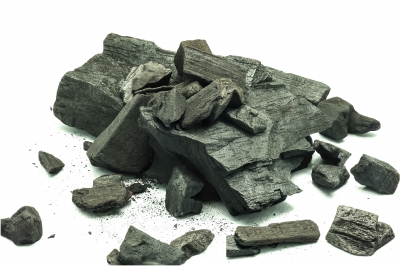Are you planning on buying a carbon monoxide detector? We have some tips to make that easier for you.

Carbon Monoxide Detector
Carbon monoxide is a colorless, odorless and tasteless gas that can be very poisonous. CO is produced by some home and commercial gas appliances, such as heating, ventilation and air conditioning, gas ranges and power washers, that are not properly installed and maintained.
A carbon monoxide detector can be installed in your home to detect the presence of CO in your home. Take note that a smoke detector installed in your home will only detect smoke from flames or fire, where as a smoke detector will warn you if there is CO coming from malfunctioning gas-burning appliances.
Buying a Carbon Monoxide Detector
Buying a carbon monoxide detector can save your life, and your family’s. Here are some tips if you are planning to get one.
Carbon monoxide detectors vary in features. Here’s what you should look for:
- Audio alarm. Choose a detector that features an alarm. Most certified CO detectors have a horn with at least 85 decibels. This can be heard within 10 feet.
- Inter- connectivity. If you have a large home, it is best to buy several detectors. Interconnecting units have the ability to communicate with one another so that if one unit detects CO, it triggers all the units to sound an alarm.
- Lifespan sensor. Carbon monoxide detectors wear overtime. Choose one that has an “end of life” warning so that you know when to replace it. Some models also have a low battery alert feature.
- Warranty. Your CO detector can malfunction, so it is best to choose one with longer warranty – preferably 5 to 7 years.
- Digital display. Choose a model that can display the level of CO in the air. Most CO detectors can detect 70 parts per million (ppm) or up. And while healthy individuals can be exposed to 100 ppm for 20 minutes without being affected, those with cardiac or respiratory problems, infants, pregnant women and the elderly might only be able to tolerate much lower levels of CO.
- Testing. CO detectors must be tested at least once a month. Select a model that features testing and silencing (in case of a false alarm).
Here are other things you should consider when buying a carbon monoxide detector:
- Local regulations and safety standards. Find out what the local laws are concerning CO detectors, and whether the model that you want meets the safety standards.
- Smoke alarms. If you need both a smoke and carbon monoxide detectors, find a dual alarm that offers both.
- Number of units needed. Consider how big your home is. Typically, you should install an alarm in the central area outside every sleeping location, and on every floor of your home.
Call RJ Gas if you need more help on buying a carbon monoxide detector, as well as the installation and maintenance.








